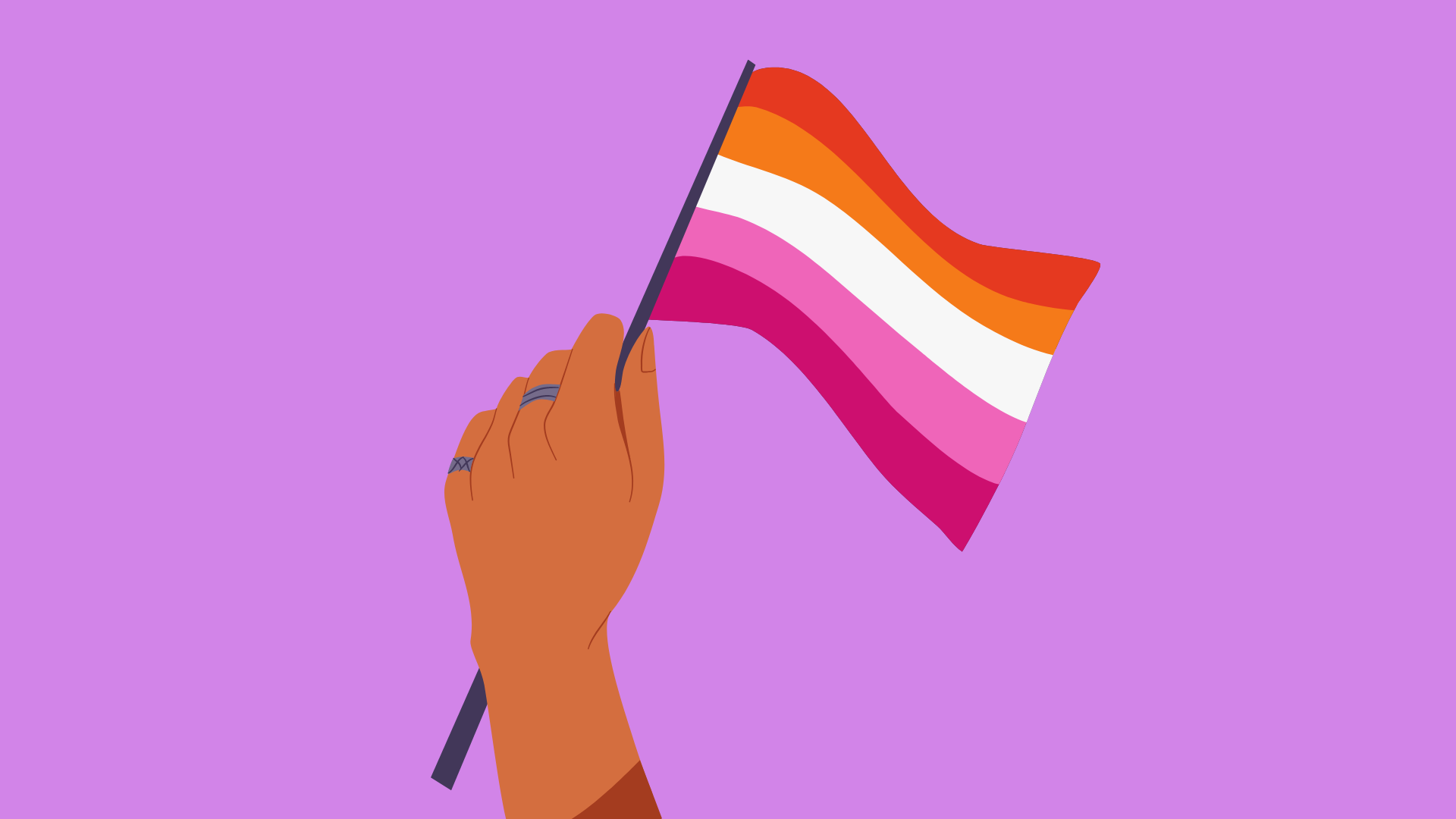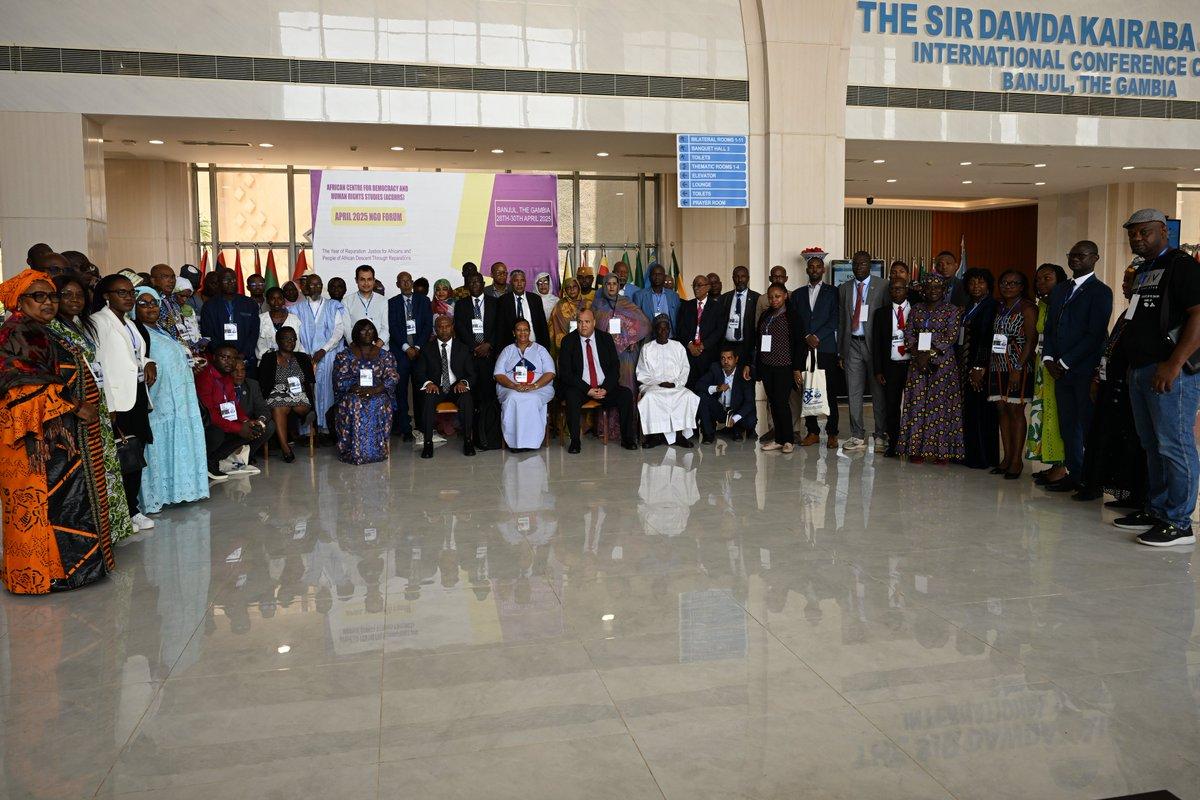
Egypt: Reform unjust vice laws, guarantee open civic space
During Egypt's UPR adoption at HRC59, Nora Noralla delivered a joint statement on behalf of ISHR, Cairo 52 and Middle East Democracy Center. Watch and read the full statement below.
ISHR

UN Committee on the Elimination of Discrimination against Women ruled that Sri Lanka violated the rights of a lesbian, and LGBTI rights defender, by criminalising same-sex intimacy between women.
In a landmark decision published on 23 March 2022, the UN Committee on the Elimination of Discrimination against Women (CEDAW)¹ found that Rosanna Flamer-Caldera, founder and Executive Director of Equal Ground, was subject to gender-based discrimination and violence in violation of the UN Convention on the Elimination of All Forms of Discrimination against Women (Convention) due to Sri Lanka’s Penal Code provisions criminalising consensual same-sex sexual activity.
Flamer-Caldera suffered harassment, stigmatisation and threats of violence by authorities and members of the public for her engagement in campaigns for the rights of lesbian, gay, bisexual, transgender and intersex (LGBTI) communities in Sri Lanka, as well as her identity as a lesbian, and has faced constant risk of arrest and investigation of her private life under the country’s discriminatory law.
Unable to report these abuses to the police out of fear of arrest and a prohibition on constitutional challenges to the validity of enacted legislation, Flamer-Caldera filed a complaint with the CEDAW. The complaint argued that criminalisation of lesbian and bisexual women amounts to discrimination on the grounds of gender and sexual orientation, in violation of the right to non-discrimination under the Convention, exacerbating gender-based violence against women in Sri Lanka.
‘We welcome the Committee’s conclusion that Sri Lankan authorities failed to take appropriate measures to protect Flamer-Caldera against, and took part in, harassment, abuse and threats against her work as a human rights defender, advocating for the rights of the LGBTI community in Sri Lanka’, said ISHR’s Tess McEvoy.
CEDAW’s decision highlights the Sri Lankan authorities’ actions as a direct contravention of its obligation to eliminate all forms of discrimination against women when participating in non-governmental organisations concerned with the public and political life of the country, as per Article 7(c) of the Convention. The Committee also found Sri Lanka in breach of Flamer-Caldera’s right to access to justice, as criminalisation restricts her right to complain of the abuse and threats she was subjected to.
Based on these findings, CEDAW urged Sri Lankan authorities to protect Flamer-Caldera from harassment and abuse and ensure she and her organisation can continue their activism safely and freely. Furthermore, CEDAW recommended that Sri Lanka decriminalise consensual same-sex sexual activity, adopt legislation against discrimination of LBTI women, monitor and address cases of hate crimes and gender-based violence, and take steps to create a safe and favorable environment for women human rights defenders and female activists.
‘We celebrate CEDAW’s decision as a major legal precedent advancing the protection of the rights of LBTI women, and especially towards ensuring a safe and favourable environment for women human rights defenders and female activists’, added McEvoy.
¹The CEDAW is a body of independent human rights experts that monitors implementation of the Convention on the Elimination of All Forms of Discrimination Against Women, empowered by its Optional Protocol to receive and examine individual complaints on violations of any of the rights set forth in the Convention. To date, 114 countries have ratified or acceded to the Optional Protocol, out of 189 States party to the Convention.
Download as PDF
During Egypt's UPR adoption at HRC59, Nora Noralla delivered a joint statement on behalf of ISHR, Cairo 52 and Middle East Democracy Center. Watch and read the full statement below.

The 59th session of the UN Human Rights Council (16 June to 9 July 2025) will consider issues including civil society space, climate change, sexual orientation and gender identity, violence and discrimination against women and girls, poverty, peaceful assembly and association, and freedom of expression, among others. It will also present an opportunity to address grave human rights situations including in Afghanistan, Belarus, China, Eritrea, Israel and oPt, Sudan, Syria and Venezuela, among many others. Here’s an overview of some of the key issues on the agenda.

From 28 to 30 April 2025, participants in the NGO Forum held in Banjul, The Gambia, discussed key human rights and democracy issues affecting the continent, as well as the work of defenders. Participants contributed to the adoption of resolutions and recommendations, with a focus on reparations and transitional justice.